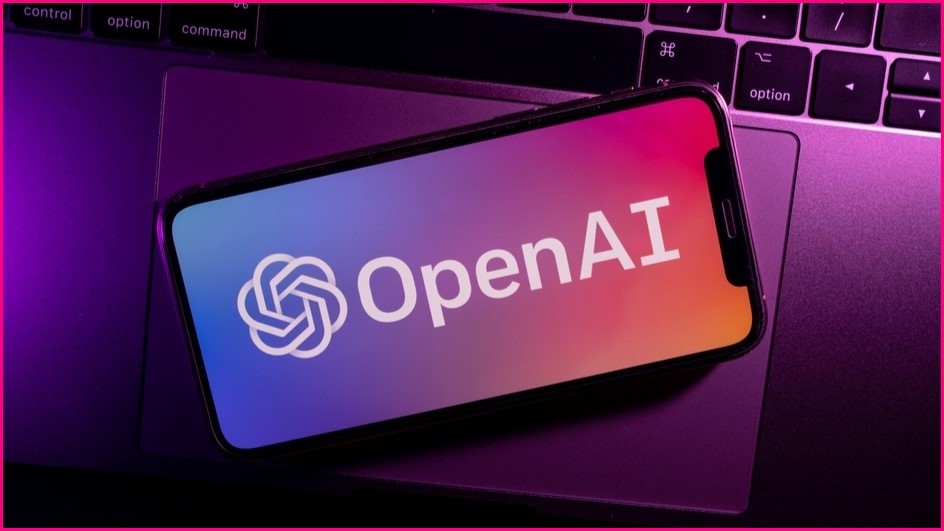ChatGPT will now use News Corp content to reply to users’ questions after OpenAI signed an “historic agreement” with the media giant worth more than $350 million.
OpenAI announced the “landmark” multi-year global partnership with publishing titan News Corp last week, giving it permission for its ChatGPT generative AI platform to display content from the organisation’s array of mastheads.
These include a number of Australian publications like news.com.au, The Australian, The Daily Telegraph, The Courier Mail, The Advertiser and The Herald Sun.
While the value of this deal has not been officially revealed, the Wall Street Journal reported it was $378 million ($US250 million) over five years, citing people aware of the deal.
With the agreement, OpenAI is looking to address one of the key issues surrounding the astronomic growth of generative AI tools: copyright.
These tools are trained with huge amounts of data, including swathes of copyright material, which is then fed back to users when they ask a platform like ChatGPT a question.
News organisations have raised concerns that this is in effect making these platforms competitors that have been trained on their content, without authorisation.
To combat this, OpenAI has attempted to sign a number of partnerships with news companies, and has inked deals with The Financial Times, Dotdash Meredith and Reddit in recent weeks.
The agreement with News Corp is by far the biggest deal of its type secured by OpenAI, and will give the tech firm access to current and archived content from News Corp’s publications.
The deal has an “ultimate objective of providing people the ability to make informed choices based on reliable information and news sources”, OpenAI CEO Sam Altman said.
“Our partnership with News Corp is a proud moment for journalism and technology.
“We greatly value News Corp’s history as a leader in reporting breaking news around the world, and are excited to enhance our users’ access to its high quality reporting.
“Together, we are setting the foundation for a future where AI deeply respects, enhances and upholds the standards of world-class journalism.”
News Corp will also be providing OpenAI with its “journalistic expertise to help ensure the highest journalism standards are presented” across its tech offerings.
“We believe an historic agreement will set new standards for veracity, for virtue, and for value in the digital age,” News Corp chief executive Robert Thomson said.
“We are delighted to have found principled partners in Sam Altman and his trusty, talented team who understand the commercial and social significance of journalists and journalism.
“This landmark accord is not an end, but the beginning of a beautiful friendship in which we are jointly committed to creating and delivering insight and integrity instantaneously.”
If you can’t beat them, join them
While News Corp has opted to join OpenAI and sell its content to the generative AI platform, fellow media giant The New York Times has taken a different route and has sued the company and Microsoft for copyright infringement.
The New York Times filed a 69-page complaint in the Federal District Court in Manhattan against OpenAI and Microsoft at the start of the year, accusing the companies of operating business models based on “mass copyright infringement”.
The case alleges that OpenAI used The New York Times’ copyright content to train its generative AI tool, which then reproduces this content to users, making it effectively a competitor.
The New York Times said it had approached OpenAI in April last year about these issues and discussed a resolution, which could have been a similar commercial agreement that News Corp has now landed, but this didn’t prove to be fruitful.
OpenAI also ran into trouble last week when Hollywood actress Scarlett Johansson threatened to sue the company for giving ChatGPT a voice that was “eerily similar” to hers after she declined to provide her actual voice.
Johansson said she was “shocked” and “angered” when she heard the voice, and that OpenAI had “reluctantly agreed” to pause the use of the voice after the company was contacted by her lawyers.
In response, OpenAI said the voice was not an “imitation of Scarlett Johansson” but that it belonged to a “different professional actress using her own natural speaking voice”.










